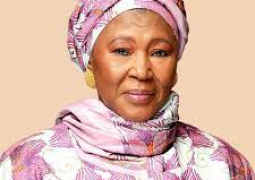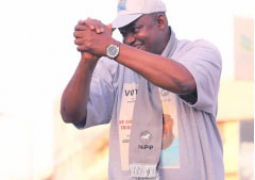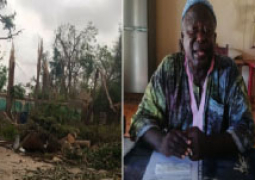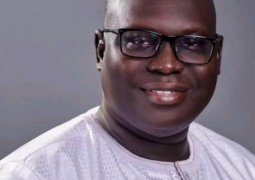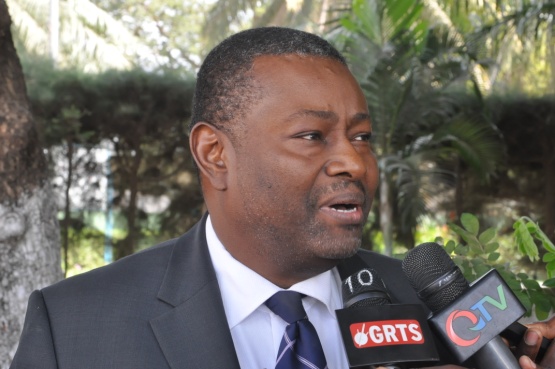
The former human rights columnist for the Daily Observer newspaper between 1994 and1997, explained issues surrounding Saidibou Hydara’s death, saying the military threatened hospital staff to admit Hydara in order to cover-up his killings. “They wanted people to think that Hydara died naturally in the hospital with hypertension. When Jammeh won the election, he changed the AFPRC to APRC but the character in their act never changed.”
The human rights expert said when he was a travelling magistrate in LLR and NBR, there was an incident involving four accused persons in Farafenni, who were heard in a public vehicle saying Jammeh was not fit to govern because he is not educated. “Listening to the evidence, I told them there is no case because there is freedom of expression. That was how I acquitted and discharged them, with which the police were not happy with. The following day, I saw a newspaper headline carrying ‘Magistrate Acquits 4 for Insulting Jammeh.’
After the conclusion of the case, he added that one of the witnesses asked the clerk if he (Joof) said the case was foolish. He said it was later that the master of the High Court demanded his case file just to confirm whether he said so or not.
“There was another one in Jarra Soma and it started with a civic case. A chief was accused of evicting a man from his land and not harvesting his cultivated farm. I was warned that the chief was called the APRC chief and he sometimes demanded adjournment of the case because of a political activity he would like to attend. At times the chief was very angry and said I would be deported to Sierra Leone or Nigeria.”
Lawyer Joof stated that the file was also taken to High Court, adding he was called by the Commissioner, Bai Ousman Secka to have a conversation with him. He said Secka was concerned about the decision and he explained what transpired.
He continued that a coalition of lawyers for human rights defenders was established and was meant to raise awareness and write press releases when issues relating to human rights were current.
“The coalition also had a running programme at Radio One FM to talk about current issues regarding unlawful arrest. At some point, there was an attempt to burn the radio and assassinate Lawyer Ousman Sillah. At that moment Tamsir Jassey was appointed deputy inspector general of police and he sometimes comes to our meetings or evenings to secure funding for the coalition in order to train the police on human rights.”
Joof told the commission that during the incident of the April 10th demo, the students complained before the actual day for the release of Ebrima Barry, who was detained and punished at the Brikama Fire Service, which led to his subsequent death. He added that in another incident, a young girl was allegedly raped by paramilitaries and nothing was done.
In the process of protesting, he explained that the students were shot. The then minister of Justice said the government was attacked and former VP Isatou Njie-Saidy stated that among the students, there were people with guns who fired at the paramilitaries. Joof said that was never proven anywhere.
“The coalition made efforts and the students were released, which we also demanded for proper investigation, compensation and treatment of victims. At a moment Jammeh was not happy with us and threatened to treat us as double donkeys; but I think he ended up treating Gambians as double donkeys.”
Inspired by the government's reactions and threats, he confirmed his continuation to file cases against the government, saying he was charged with unauthorised driving after two years when he was a magistrate. He said it was a way to intimidate him but the matter was thrown out of court.


